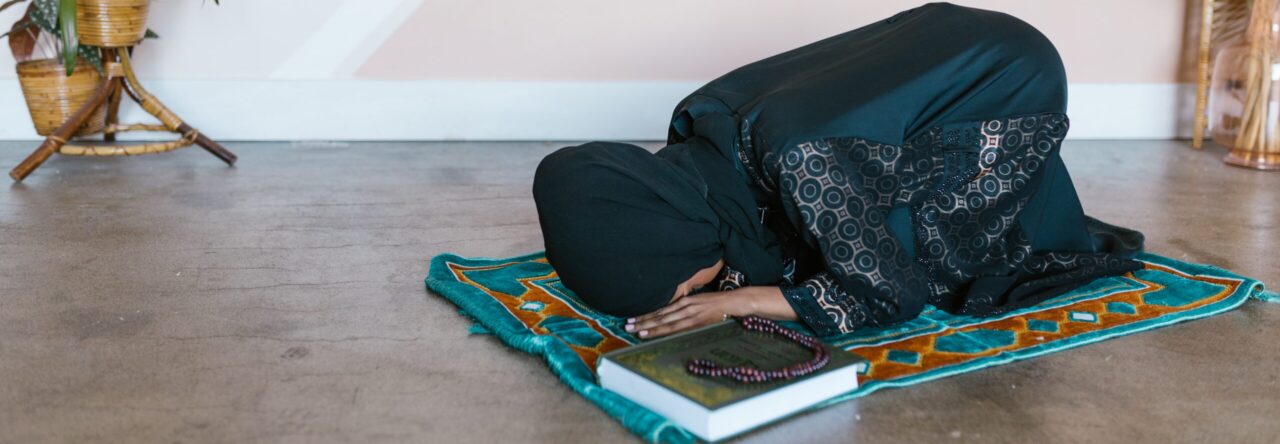You would think, as someone who has gone so far as to start a blog about prayer, I would be really motivated to work on my prayers consistently and passionately. In reality though, I often find myself resisting. I spend weeks just going through the motions of prayer without much thought. I will get a nagging feeling that I’m disregarding my prayers but I will often push that feeling away. A part of me admits: I don’t want to try. It feels easier not to try. It feels easier to forget about prayers all together. It’s easier not to hope that they’ll get better and to hope instead that I’ll just get “points for attendance”.
The heart of Chapter 101: Al’adiyat, reads:
إِنَّ ٱلْإِنسَـٰنَ لِرَبِّهِۦ لَكَنُودٌۭ (٦) وَإِنَّهُۥ عَلَىٰ ذَٰلِكَ لَشَهِيدٌۭ (٧)indeed, man is certainly ungrateful to his Lord; (6) and indeed, he certainly bears witness to that; (7)
Al’Adiyat 100:6-7
The word in Arabic that is translated as ‘ungrateful’ has a connotation beyond ingratitude. It also implies a feeling of wanting to ignore. Man wants to forget about his Caretaker and push the thought of Him out of his mind. God even goes on to point out that we know this about ourselves. We know that we want to deny God and run away from thinking about Him. God knows, and we know, that we want to ‘not try’
